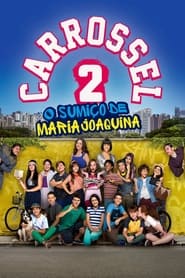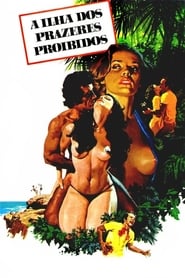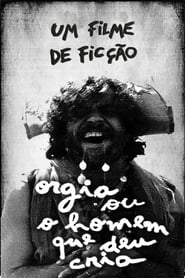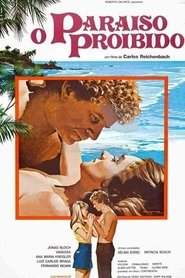detail profile fernando benini

Fernando Benini
Antônio Fernando Benini
atau dikenal sebagai
Riwayat Hidup
Antônio Fernando Benini was born in São Paulo on November 18, 1942.
He works in television, theater and cinema.
Fernando Benini was born in the neighborhood of Lapa, in the capital, but soon his parents moved inland, the city of Descalvado.
Due to the strong Catholic faith of his parents, Fernando was referred to the Seminary in the Archdiocese of Campinas.
But that's when the boy met the theater, and he was charmed by it.
He also continued there, where he studied Philosophy.
He only left the Seminary, when he became an adult, and was in the first year of Theology.
Fernando Benini then moved to the capital and entered FAAP, Faculdade Armando Álvarez Penteado, where he did Fine Arts.
He graduated in 1977.
He started teaching at Escola Granja Viana.
He was a professor of Philosophy.
He also taught Fine Arts, which he did from 1973 to 1984.
Info Pribadi
Peran Yang Di Mainkan Fernando Benini
 The children are invited by a...
The children are invited by a...Carrossel 2: O Sumiço de Maria Joaquina 2016
The children are invited by a Brazilian music star to one of his shows. But the trip turns into a nightmare when the villains Gonzales and Gonzalito, recently released from prison, decide to kidnap Maria Joaquina.
 Theres the continent ruled by a...
Theres the continent ruled by a...The Island of Prohibited Pleasures 1979
There's the continent ruled by a repressive government and there's an island where political activists of the continent take refuge on running away from the continent's police. This island is their last stand – there they live in a way not possible in the continent – free love, no possessions, brotherhood… In the continent, a killer is sent to the island to kill the revolutionary leaders. The killer is a woman , Ana (Neide Ribeiro). She will go there as a journalist sent there to interview the leaders of the movement. On arriving to the island, she will find out that things were much different from what she expected. Will Ana be involved by the "island of forbidden pleasures." Will she fulfill her mission?
 A countryman kills his father and...
A countryman kills his father and...Orgy or The Man Who Gave Birth 1970
A countryman kills his father and heads for the big city. On his way, he meets the most bizarre and allegorical types: a robber, a drag queen who thinks he's Carmen Miranda, a black king, a fallen black angel, a priest, two whores, a pregnant cowboy, among others.
 Paranoia guilt misery and technology in...
Paranoia guilt misery and technology in...Hitler in the Third World 1968
Paranoia, guilt, misery, and technology in the developing country. A fragmented narrative, distorted frames, shouts, and noises. The Nazis take over São Paulo: prison and torture of revolutionaries, a samurai lost in chaos, locked lovers, a dictator and his bunch. Considered one of the most influential films of the marginal period.
 Some brazilian chicks are kidnapped by...
Some brazilian chicks are kidnapped by... Celso Felix a successful radio broadcaster...
Celso Felix a successful radio broadcaster...